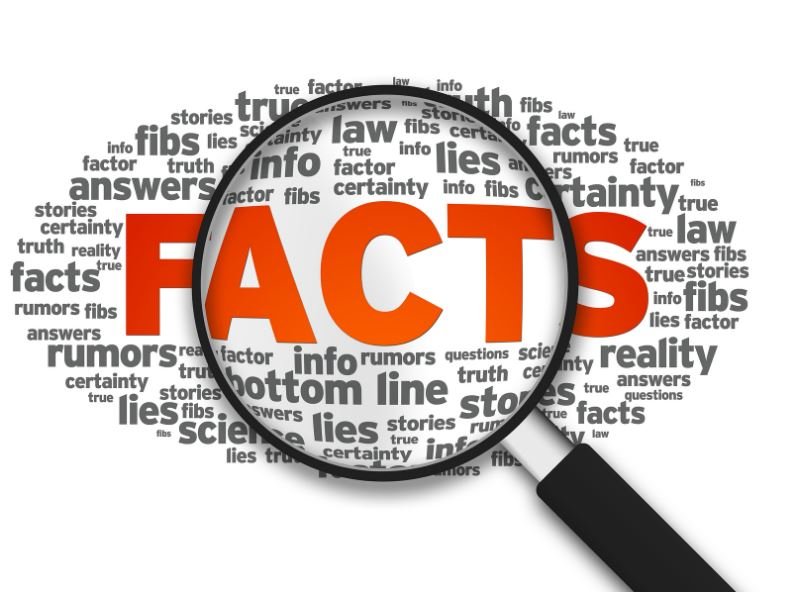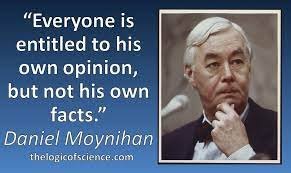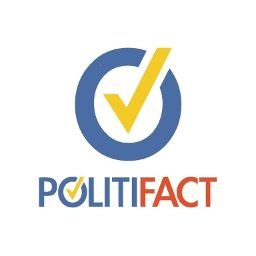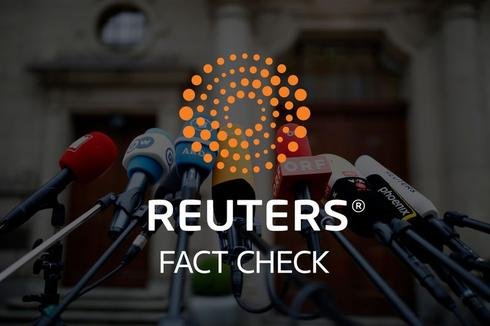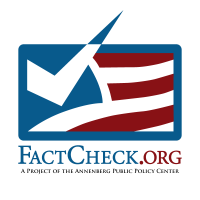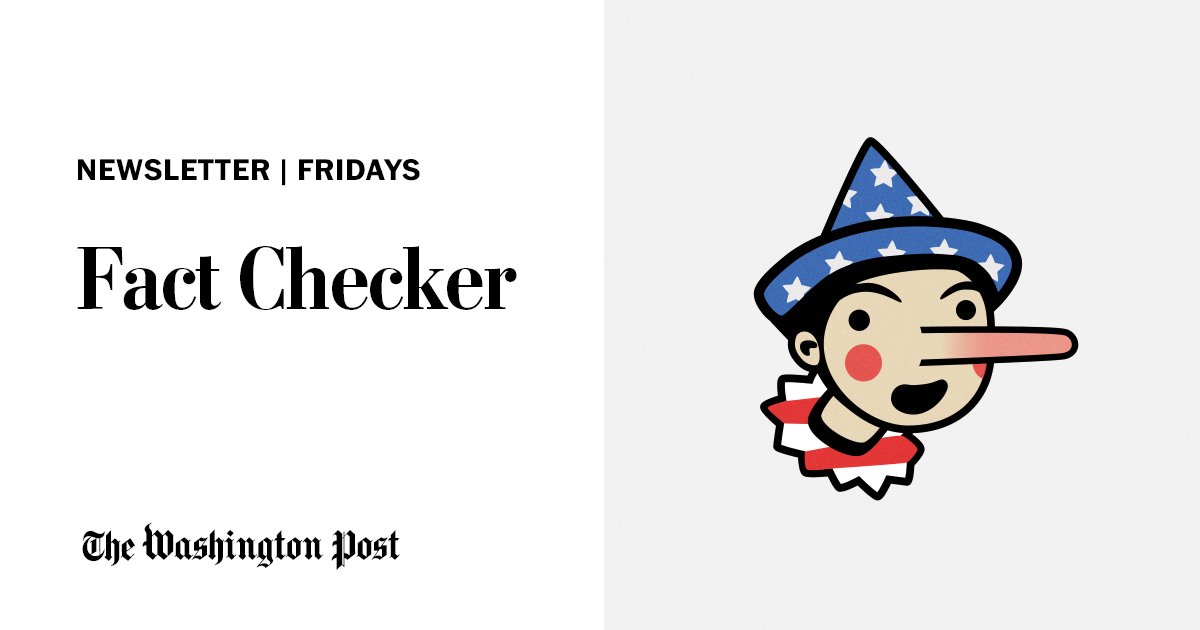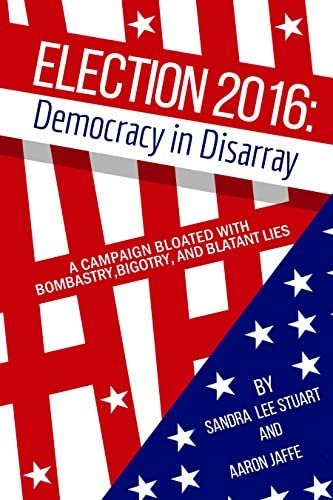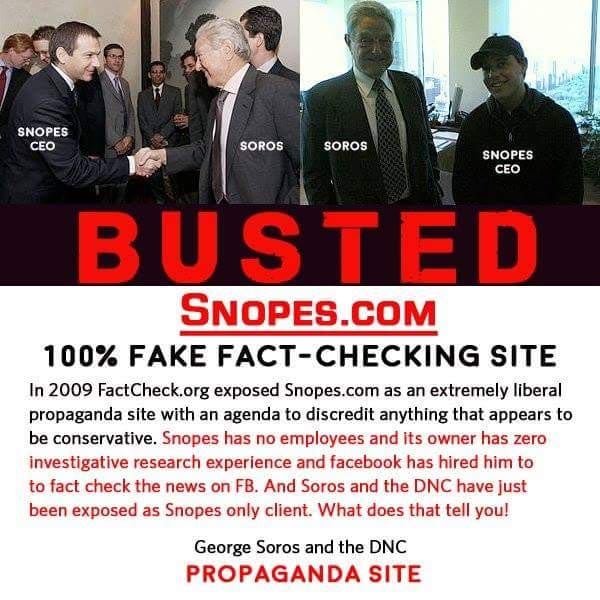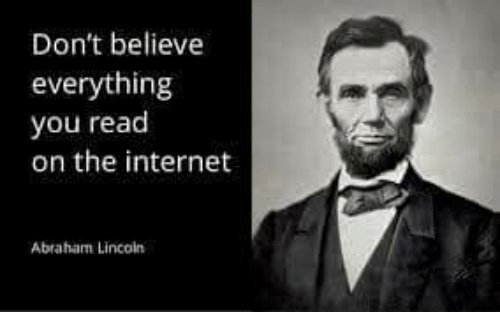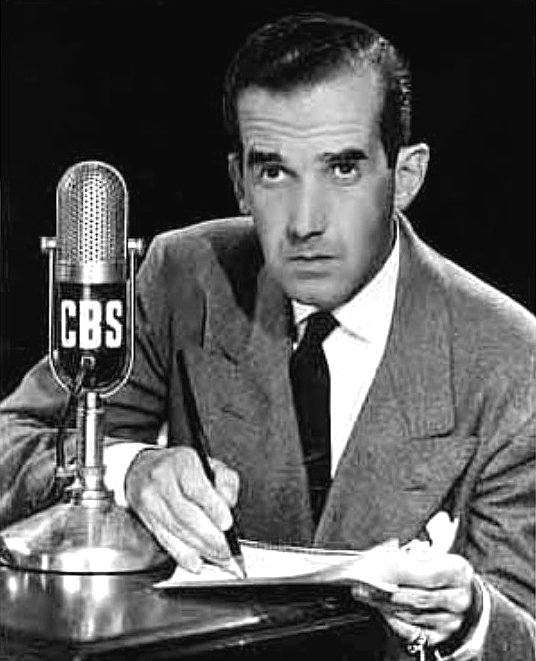JUST THE FACTS, MA'AM
THE POST-TRUTH AGE — Quick now! Which of the following is True?
A) The Beatles were once photographed holding 'Satanic' crosses.
B) Justin Bieber no longer owns a cell phone.
C) During a 2020 rally, Joe Biden buried a dog onstage.
D) Biden’s predecessor sent federal troops and armored vehicles into Chicago.
(Answers below.)
“Facts,” said Founding Father John Adams, “are stubborn things.” Or used to be. Because the Internet has created a world where “facts,” as Ronald Reagan misquoted, “are stupid things.” (Yes, he said that.)
Stupid, inconvenient, contradictory, even the simplest fact is now answered by “yeah, but. . . .” And every American, right or left, kind or cruel, seems to have his (or her!) own “facts.”
When you say A and I say B, when you cite your experts and I cite mine, who is to decide what, if anything, is a fact? Enter the fact-checkers.
Factcheck.org. Politifact. MediaBias/Fact Check. Reuters, NPR, Washington Post Fact Checker. . . Some checkers check rumors and urban legends. Others check science. Several focus on politics alone. But all pay homage to the first, and most cited, online fact-checker — Snopes.com
Named for Faulkner’s cantankerous Snopes brood, Snopes began in 1994 as an online bulletin board to debunk urban myths. But within a year, alt.folklore.urban was getting enough queries to make a website, and enough ads to make a living for founder David Mikkelson.
Working out of their home in Tacoma, WA, Mikkelson and his wife Barbara nurtured Snopes.com through the clutter of the info-highway.
Remember? Remember when the Internet was supposed to set us free, put facts at our fingertips? Turns out that, as David Mikkelson said, “making everyone equal as an information source doesn’t work very well in practice.”
By 9/11, when rumors went viral, Snopes was ready.
No, the owner of World Trade Center's Building 7 did not “admit" it was brought down by a controlled demolition. No, Nostradamus did not predict. . .
As Snopes.com earned a loyal following, the Mikkelsons hired ten editors and researchers to plow through the proliferating info-sewage. The swelling site soon lumped BS into categories — Fake Origins of Words, Queen Elizabeth, the NRA, Things Einstein Never Said, Factually Compromised Rumors about Peanut Butter. . .
Each rumor, no matter how silly, is researched, checked and double checked, then labeled. Beyond True and False, Snopes offers nuances. Mostly True, Mostly False, Unfounded, Unproven, Outdated, Miscaptioned, Misattributed, Legend, Scam. . .
“Especially in politics,” David Mikkelson said, “most everything has infinite shades of gray to it, but people just want things to be true or false. In the larger sense, it’s people wanting confirmation of their world view.”
But the BS hadn’t truly hit the fan — yet. That ugly event occurred during the 2016 campaign, a contest fueled by falsity. With an additional ten researchers, Snopes tried to keep up, but daily “hits” swelled to 2.5 million, and the crap just kept coming. No, no Pizzagate conspiracy. . .
After the election, Facebook hired Snopes and other fact-checkers to vet suspicious posts, which were then labeled as suspect. The link lasted just three years. Overwhelmed by BS posts, Snopes ended the Facebook agreement just in time to be flooded by COVID.
During the pandemic, Snopes checked on the worst fears and highest hopes of a world in lockdown. Nearly forty million people consulted the site in March 2020. No, bleach was not a cure. Sorry, but the virus does not “hate the sun.”
Struggling with the “info-demic,” Snopes offered advice for do-it-yourself checking, teaching doubters to spot false captions and doctored photos, and to recognize “logical fallacies” such as red herrings and “straw man” attacks.
The 2016 election also seeded a backlash as conservatives, tired of seeing their “facts” debunked, accused Snopes of liberal bias, Democratic Party funding, even support from billionaire George Soros. Snopes stood its ground, noting its full funding from ads and impartial studies showing "consistent effort to provide even-handed analyses."
“Terrifying data,” Don DeLillo wrote in White Noise, “is now an industry in itself.” And so is fact-checking. But does it do any good? Do the “boots” that Truth dons to catch up with lies change any minds?
Yes and no, studies say. Yes for urban legends and rumors. Not so much for politics. “What fact-checking does best,” the Washington Post noted, “is reduce or prevent inaccurate political rhetoric and may be most effective during primary races.”
But even if the Internet megaphone has skewed the balance, speaking truth to lies is an old American tradition. Edward R. Murrow, after fact-checking Joe McCarthy, said it best.
“We will not be driven by fear into an age of unreason, if we dig deep in our history and our doctrine, and remember that we are not descended from fearful men.”
Murrow went on to spread the responsibility for truth. We, the people, the America that includes the gossips, the gullible, the outright liars, we all bear responsibility for the McCarthys among us. “We can deny our heritage and our history, but we cannot escape responsibility for the result. There is no way for a citizen of a republic to abdicate his responsibilities.”
This will be on the test — of democracy.
ANSWERS: A) False; B) True; C) Hah! D) False

